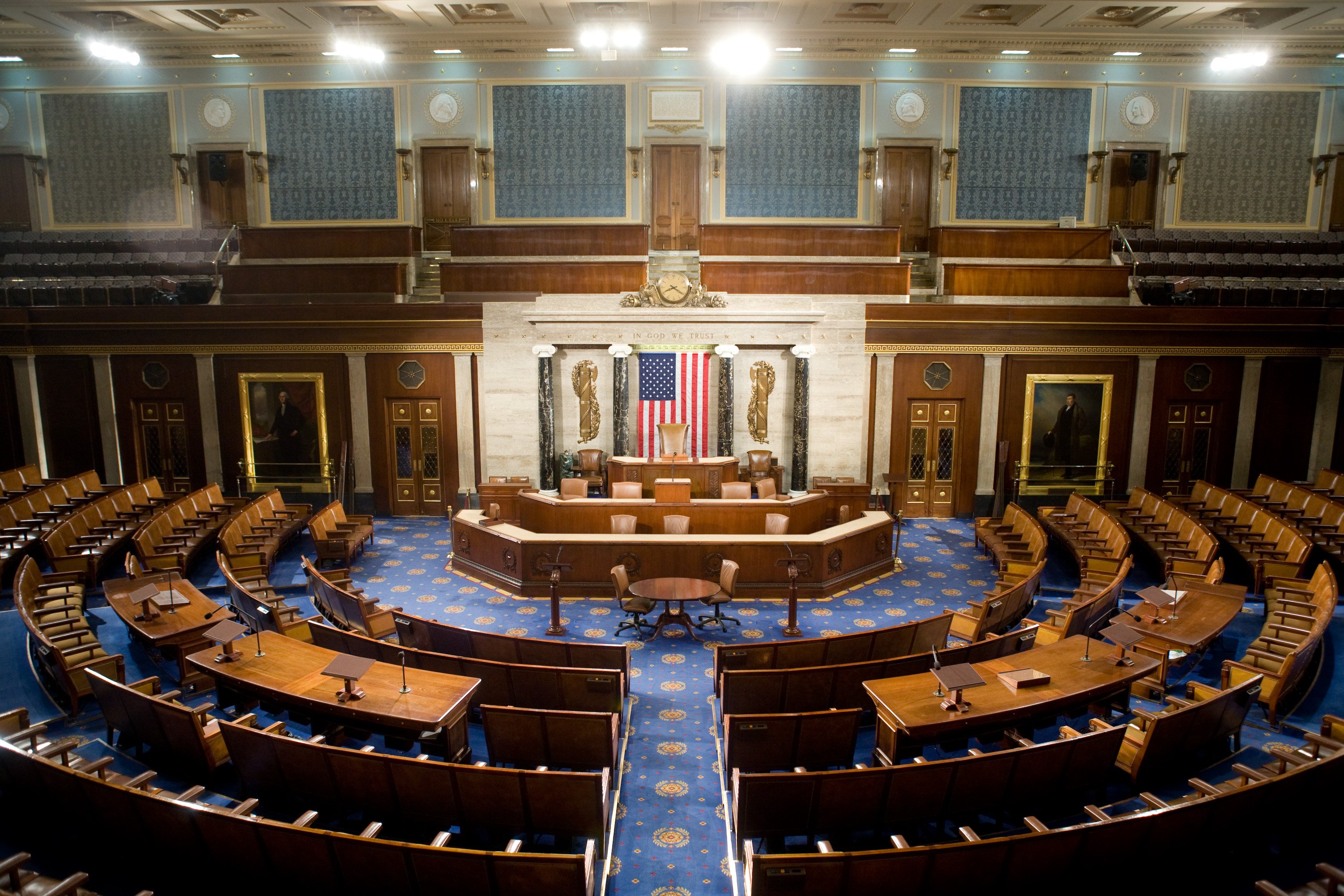By: Lathan Watts – fedsoc.org – April 8, 2019
As Speaker of the House Nancy Pelosi leads House Democrats closer to passage of the so-called Equality Act, Americans may get a rare but necessary object lesson on the system of checks and balances established in our Constitution. Proponents of the Equality Act claim it will “make America fairer.” But as the Heritage Foundation has explained, the actual impact would be an evisceration of religious freedom, rights of conscience, and freedom of speech for any person or organization with beliefs considered heretical to cultural orthodoxy on the issues of sexuality and gender.
While the U.S. House considers this legislation, the U.S. Supreme Court is considering the case of Sweet Cakes by Melissa. Aaron and Melissa Klein lost their family business when the state of Oregon assessed a $135,000 penalty against them for declining to custom design a cake which conflicted with the Kleins’ religious convictions. The Court may soon announce whether or not they will hear oral argument on the case. The Court’s decision will speak loudly to the U.S. House one way or another.
If the Court votes to hear the Sweet Cakes case it will be an indication of judicial skepticism towards federal, state, and local laws enabling government compelled speech at the expense of the free speech and free exercise clauses of the First Amendment. If the Court declines to hear the case, the U.S. House might infer a tacit approval for a bill that would take what happened to the Kleins in Oregon and spread it to all fifty states.
This would be the latest in a series of “conversations” between the legislative and judicial branches on the protection of religious liberty dating back to 1990. The Supreme Court’s decision that year in Employment Division, Department of Human Resources of Oregon v. Smith, lowered the bar of scrutiny towards government action impacting the free exercise of religion. That decision prompted Congress to pass the Religious Freedom Restoration Act (RFRA), championed by former Senator Ted Kennedy and signed it into law by Bill Clinton in 1993. Since then multiple states have followed suit passing state versions of the law as well.
Demonstrating how far the political left has moved since 1993, many view Pelosi’s current Equality Act as an attempt to nullify the Clinton/Kennedy RFRA.
The Founders understood that government entrusted with enough power to protect the God-given rights of the people could abuse that power and wield it in such a way that would subject the rights of the governed to the fleeting whims of the governing. The genius of the Constitution is in dividing power between three co-equal branches of government.
The Founders also recognized human frailty and susceptibility to the accumulation of power and utilized it as a shield against government overreach. By equipping each branch of government to zealously protect its own power, the system of checks and balances ensures no one branch of government becomes preeminent and all three work toward a shared goal of protecting the rights of the citizens.
It is unlikely the Equality Act will see the light of day in the U.S. Senate nor could it survive a Presidential veto. Nevertheless, the Supreme Court has the opportunity with the Sweet Cakes case to send a clear message to this congress and future congresses that legislative attempts to undermine constitutionally protected rights or to elevate new “rights” over established ones via legislation are a fool’s errand.
Americans often grow weary of the constant push and pull of our political system; understandably so. But we would be wise to remember this unceasing struggle between competing components of our government has resulted in ordered liberty and a civil society that despite its flaws remains the envy of the world. Sic Semper.
To see this article, click read more.
![]() Source: The Equality Act’s Threat to Religious Liberty | The Federalist Society
Source: The Equality Act’s Threat to Religious Liberty | The Federalist Society
 Listen Online
Listen Online Watch Online
Watch Online Find a Station in Your Area
Find a Station in Your Area









 Listen Now
Listen Now Watch Online
Watch Online
